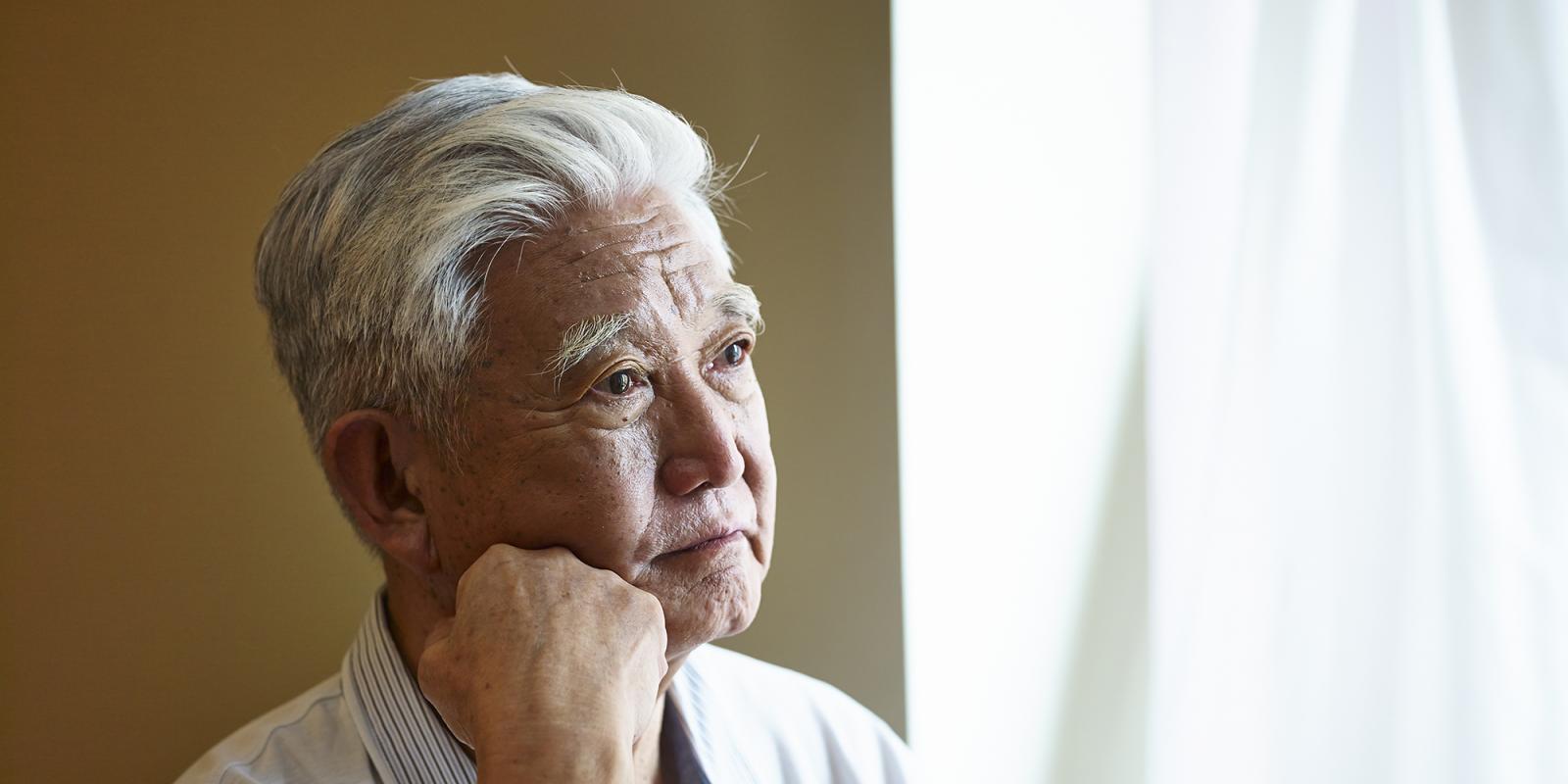Shortly after the coronavirus was declared a pandemic in March 2020, there was reason to fear that COVID-19 would make ageism in America even worse. And it seemed to do just that.
When it quickly became clear that the oldest among us were at greater risk of requiring hospitalization or dying if diagnosed with the virus, we also began hearing more about what age studies authority Margaret Morganroth Gullette calls “the decline narrative of aging.” (Gullette will join The Longevity Project’s Ken Stern, FrameWorks Institute’s Moira O’Neal and me to talk about this topic at the On Aging 2021 session “COVID-19 and the Decline Narrative of Aging,” Friday, April 9, at 9:45 a.m.-10:45 a.m. PT)
You probably remember the horrible catchphrases “Boomer Remover” or #Boomerremover, used to describe COVID-19, and “OK Boomer,” a dismissive of the generation now between ages 57 and 75. Some medical ethicists, policymakers and hospital managers started speaking of restricting COVID-19 ventilators to younger people because they had more good years ahead of them than did older adults.
Gerontologist and Agescapes blogger Martin Hyde called the boomer bashing “gerontocidal language.”
In an episode last year of her excellent podcast on aging, “The Big Middle,” host Susan Flory said: “A lot of people still think: you’re 70, therefore you have one of those dehumanizing underlying health conditions, so obviously you’re on your way out. The overwhelming embedded stereotype is that over 70, over 75 and you’re on that spiral of decline.”
Some states even put into place what are euphemistically called “crisis standards of care,” setting COVID-19 rules about who would receive healthcare when there wasn’t enough to go around. Others call this triage. And some say it’s simply healthcare rationing.
A small but vocal element, including some academic researchers, even called for a lockdown of just America’s elders. The idea was that by keeping this section of society quarantined, the rest of the public could go about its business without fear of contracting COVID-19.
But some authorities on ageism, like Ashton Applewhite—author of “This Chair Rocks” and a Next Avenue Influencer in Aging of the Year—maintain that ageism didn’t get worse in the pandemic. They say it just became more acceptable, more public.
Regained Positivity About Aging
Somewhere along the way during the past year, however, the tide started to turn in the way aging is viewed in America.
Precisely because of the ageist rhetoric, some say, people have increasingly been more caring about older adults and about the prospect of caring for them. A growing chorus of voices has spoken out against restricting healthcare due to age and against the mistaken notion that getting older necessarily means decline, deterioration, decay and dependency.
A growing chorus spoke out against restricting healthcare due to age and against the notion that getting older means decline, deterioration, decay and dependency.
Perhaps the turnaround came because younger and middle-age people have felt sorry for what was happening to many older adults, through no fault of their own.
Perhaps it’s because so many of the elders contracting COVID-19 or in the high-risk cohort were their parents, grandparents, aunts and uncles.
Or perhaps it takes an abomination like a global pandemic to make people see more clearly and realize that all of us are aging, if we’re lucky.
In the On Aging 2021 panel on the topic, Gullette will offer her views about the decline narrative of aging in the pandemic and why she has called for a national memorial to honor those who died of COVID-19 in nursing homes.
Stern will discuss what The Longevity Project has learned over the course of the year regarding attitudes and policies about aging in America.
O’Neal will speak to the way Americans have been talking about aging and about ways to reframe the topic—in words, pictures and video. As the panel’s moderator, I’ll try to put all of this in perspective and offer attendees the opportunity to ask questions of the panelists and to share their own views.
I look forward to “seeing” you there.
Richard Eisenberg is managing editor of Next Avenue and the editor of its Money & Policy and Work & Purpose channels.













